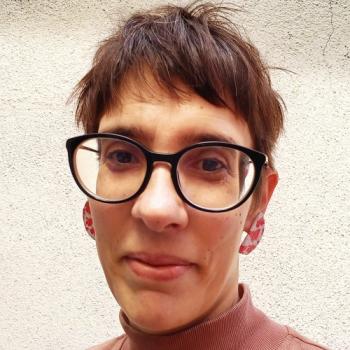Bridging Voices: a community initiative for tobacco harm reduction in Lisbon, Portugal
Background
In Portugal, the discourse surrounding tobacco harm reduction remains notably absent, while official policies are strongly committed to the vision of a tobacco/nicotine-free society. Paradoxically, options for those seeking to reduce or quit tobacco use remain limited. This project aims to pioneer a civil society initiative advocating for tobacco harm reduction, uniquely involving communities disproportionately affected by tobacco smoking and often overlooked in current policies — people who use drugs and those experiencing homelessness.
Methods
A central project activity involves conducting two community groups, meeting weekly over a 4-month period (December 2023 – March 2024). In these community groups, participants are provided access to various low-risk nicotine products, namely e-cigarettes and heat-not-burn tobacco, affording them the opportunity to experiment, share opinions, and exchange experiences. One group consists of women who use drugs, while the other comprises people with history of homelessness who are presently engaged in housing-first programmes in Lisbon.
Data collection started with semi-structured interviews, covering a spectrum from sociodemographics to smoking dependence using the Fagerstrom Scale. A subsequent acceptability study, through follow-up interviews, will delve into participants' reflections on their group experiences and the acceptability of introduced nicotine products.
Results
At present, 14 out of the initially planned 20 participants are engaged in the community groups, while recruitment is still ongoing. Early insights reveal an expected scenario characterized by limited knowledge about new nicotine products and their potential for reducing tobacco-related risks. Half of the participants have a high degree of nicotine dependence, with an average of 36 years of regular smoking. When exploring access to support for smoking cessation, only one person reported having obtained professional help. Some participants mentioned that they had received support at the hospital with nicotine patches during their hospitalisation, but on leaving there was no follow-up and people went back to smoking.
Conclusions
The outcomes of this initiative are expected to provide a detailed account of the challenges faced by these communities, offering valuable insights into the acceptability of harm reduction strategies. By amplifying the voices of those often marginalized in tobacco policies, our findings will inform evidence-based recommendations for the implementation of effective tobacco harm reduction policies in Portugal. This initiative's significance lies not only in its potential to inform policy but also in its commitment to inclusivity, ensuring that the narratives of those most affected by tobacco smoking are at the forefront of harm reduction efforts.
